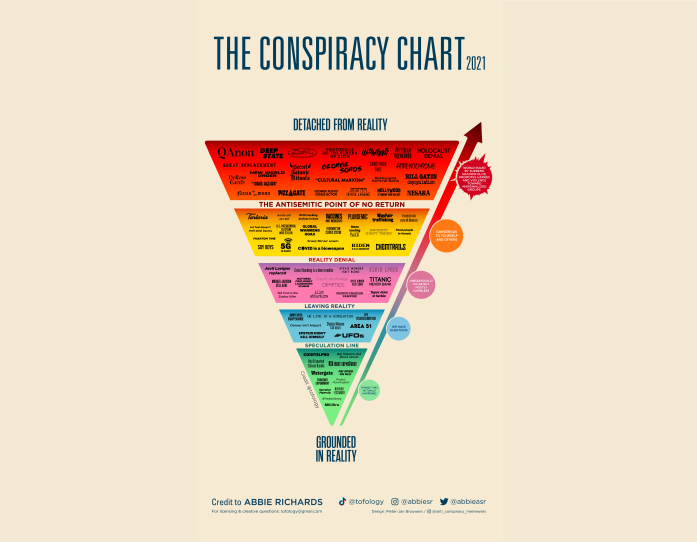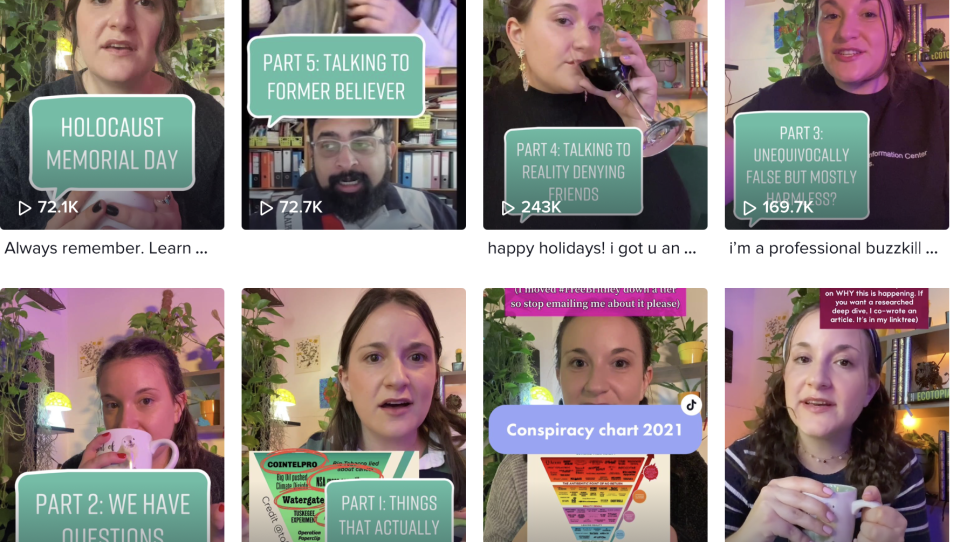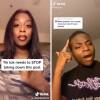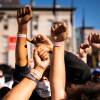Comedian and disinformation expert might not seem like two jobs that intersect, but for Boston local Abbie Richards, who has gained over half a million followers on TikTok by fighting conspiracy theories, jokes make the truth go down just a bit easier.
Richards joined Boston Public Radio to talk about her work combating conspiracy theories on TikTok, using comedy and charts that explain why information is wrong and how it went viral.
“TikTok is kind of like the wild west in a lot of ways when it comes to moderating,” Richards said. “It got so big, so fast that there's just a lot of catch up to play.”
More Local News
Richards explained that misinformation can often go viral on TikTok even faster than on platforms like Facebook because TikTok shows content entirely based on recommendations from an algorithm.
“TikTok has a lot that they can be doing to make their platform safer,” she said. “If we prioritize engagement over the quality of the information that's shared, it's oftentimes going to end with the same results.”
The stakes are high, because TikTok’s audience is massive. In September, TikTok reported one billion users who go on the app every month.
When she first joined TikTok, Richards gained a following for her anti-golf climate activism, advocating for the end of golf because of the way golf courses take up green space and consume water and chemicals. Then she created the conspiracy chart, which went viral.
The chart is an inverted triangle with different tiers, beginning with “things that actually happened.”

“It is so important that we acknowledge that people in power do abuse their power, and that's where a lot of the anxieties that fuel conspiracy theories come from,” Richards said, explaining why the chart begins with events that are true, like Watergate. “It's really important that we acknowledge that, and that we work to fix systemic inequalities that allow that kind of power.”
After real events comes “we have questions,” including events like Jeffrey Epstein’s death and the circumstances surrounding it, followed by “unequivocally false but mostly harmless,” largely about pop culture celebrities. Then comes “dangerous to yourself and others,” such as vaccines having microchips. Finally, theories pass the “antisemitic point of no return” to reach the final level, “world ruled by supreme shadow elite, promotes hatred and violence toward marginalized groups,” which includes QAnon and Holocaust denial.
Richards said goal with her chart and debunking videos is to correct misinformation in a way that is accessible and engaging, drawing on her background as a stand-up comic. Now, she is working towards a master’s degree in climate science, researching how conspiracy theories manifest themselves on TikTok in relation to climate change. She said she has noticed a shift from outright climate denialism of past decades.
“The messaging is switched a bit away from that classic denial and towards distraction and delay,” she said. “You're seeing just more ‘this is an attempt to install a new world order’ kind of stuff.”
Richards’ biggest piece of advice for users looking to combat misinformation is to report it as much as possible.
“If you want to just be a good, helpful citizen, it helps to learn what misinformation looks like and how to spot it,” she said. “You should just be reporting it as false information and not engaging with it and not sharing it.”
By immersing herself in a world of misinformation and extremism, Richards said she regularly faces misogynistic and antisemitic hate. Still, she has hope for the future of TikTok.
“There are some really interesting accounts that deliver high-quality news on TikTok, it's not to say that all news that you get on TikTok is bad,” she said. “It just depends where that is coming from.”
Richards is currently working on her master’s degree in climate studies and is a co-founder of EcoTok, an environmental TikTok collective that specializes in social media-based climate communication.









